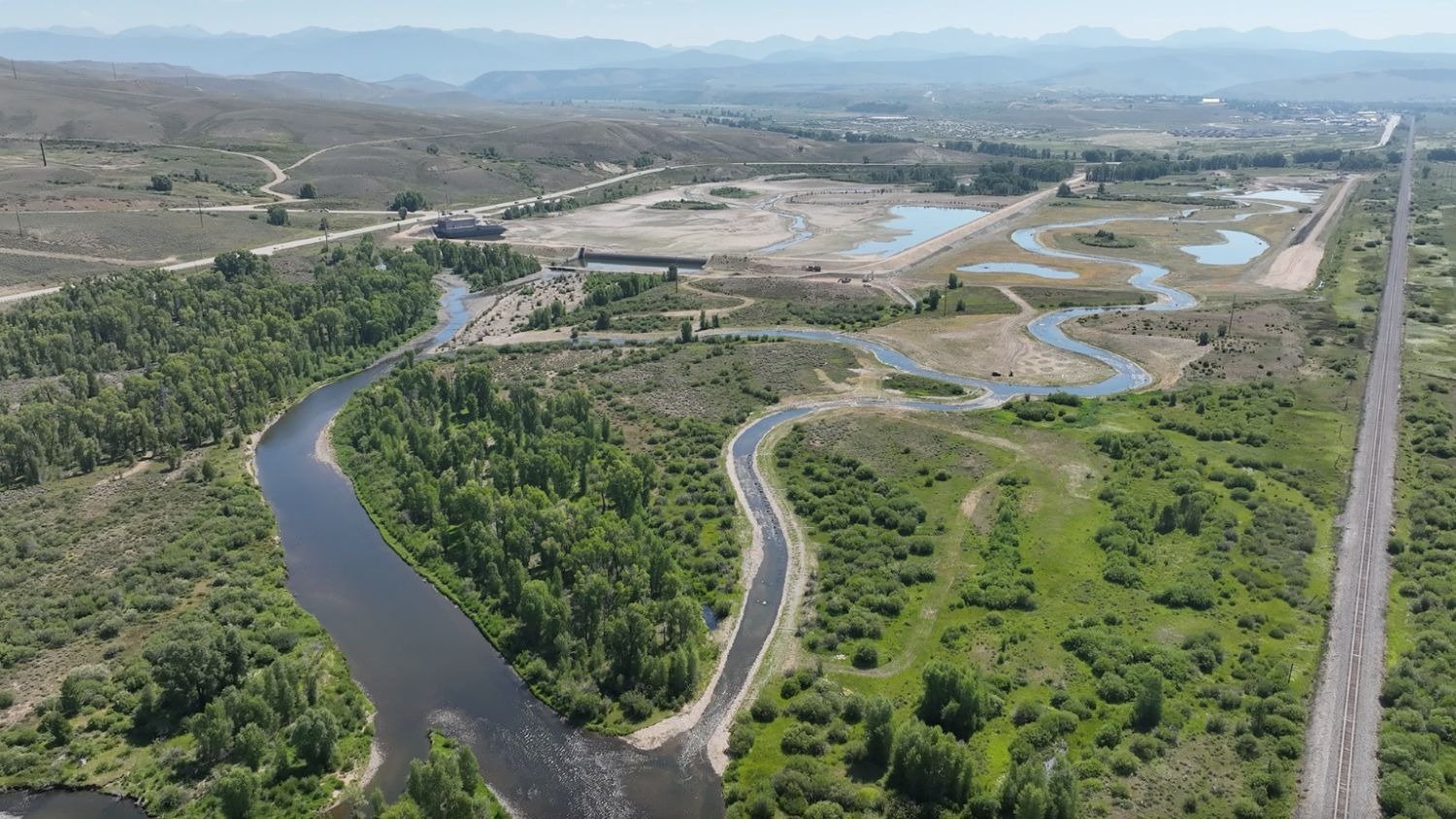by Emery CowanHerald Staff Writer
U.S. Rep. John Salazar on Friday announced plans to protect two areas of important wildlife habitat near Durango that have been considered recently for gas and oil development.
Under proposed legislation, Animas Mountain and Perins Peak wildlife areas would be protected from development for mineral extraction, Salazar, D-Manassa, said during a stop in Durango.
He also announced that he will draft legislation to protect the 155,000-acre Hermosa Creek watershed.
Trout Unlimited, in a news release Friday, lauded Salazar's announcement on protecting the Hermosa Creek watershed. The Five Rivers Chapter, based in Durango, said it has worked to balance local water and recreation concerns in the watershed and passed its recommendations on to Salazar.
http://durangoherald.com/sections/2010_Election/2010/10/09/Salazar_vows_to_protect_habitat/







